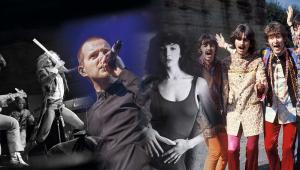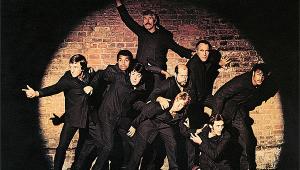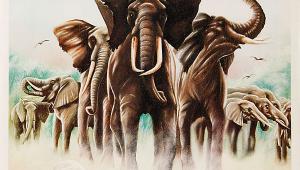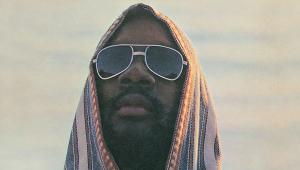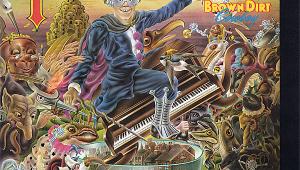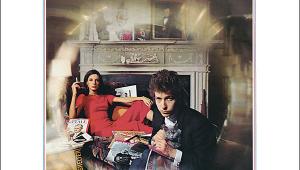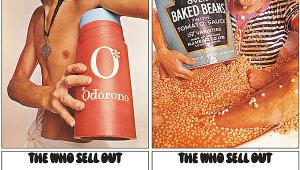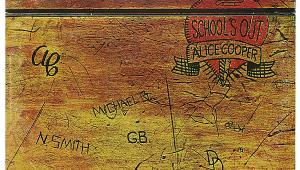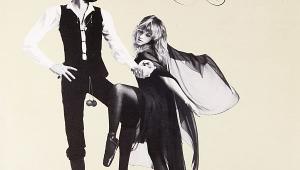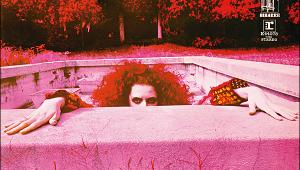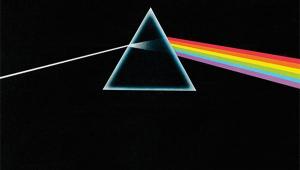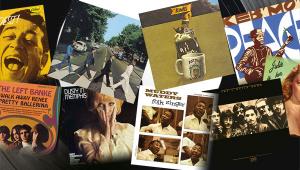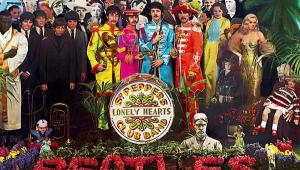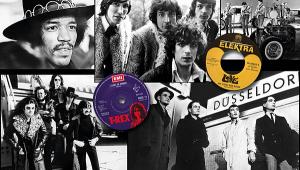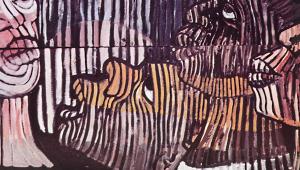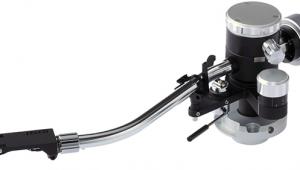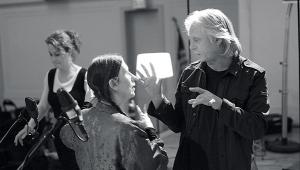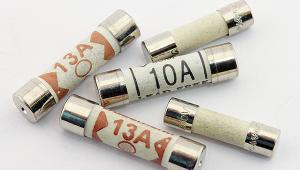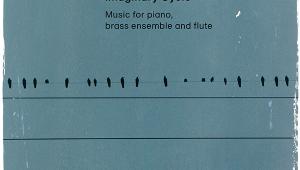Rock 'N' Roll Reads
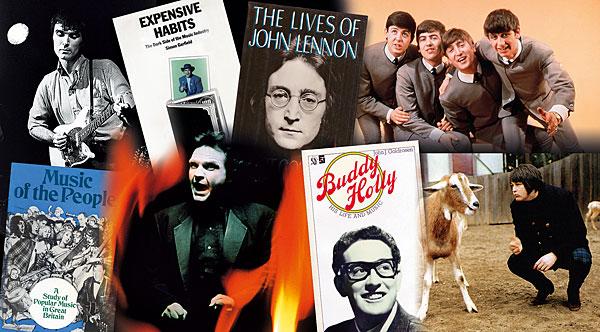
There are enough books about rock and pop music to capsize a cruise liner. So for this third part in my series on good books that connect music to hi-fi I have picked a few of the lesser-known reads. Arguably the best starting point for pop industry insight is George Martin's 1979 biography, All You Need Is Ears in which Martin shares his jaundiced views on the Apple organisation (unrelated to Apple computers, of course), which The Beatles set up in the mid '60s.
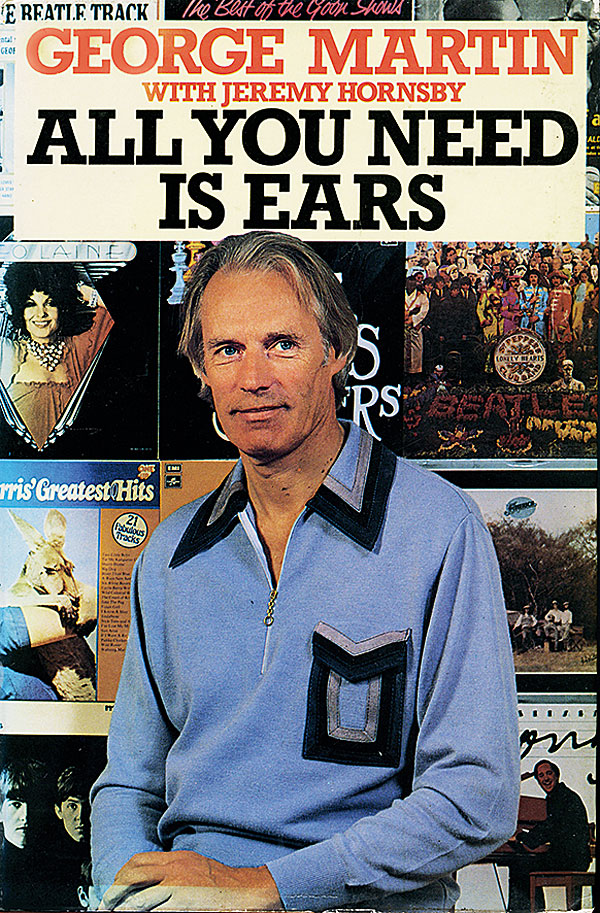
'Apple was a complete fiasco, and it cost them millions', he writes. 'I could see the awful way it was going, and that it was doomed from the outset.' Martin is good, too, on the Fab Four's cock-eyed plans for a 'spoiler' which would stop home taping. It 'worked' by putting an inaudibly high-frequency tone into the grooves of a vinyl LP. This tone would then beat with the similarly high-pitched bias signal of a tape recorder and 'spoil' any copy with an audible tone.
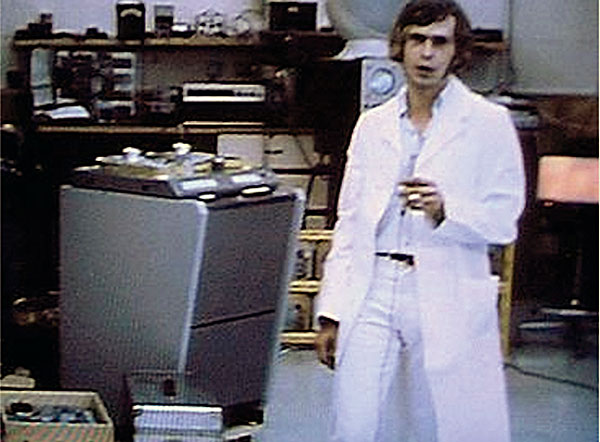
Magic Alex (Mardas) was the man who tried to patent the stupid spoiler.
'Of all the army of hangers-on', Martin recalled, 'the one I recall most vividly... was Magic Alex... He had ingratiated himself with John Lennon, and was so preposterous that it would have been funny had he not caused so much embarrassment and difficulty with me in the recording studio'.
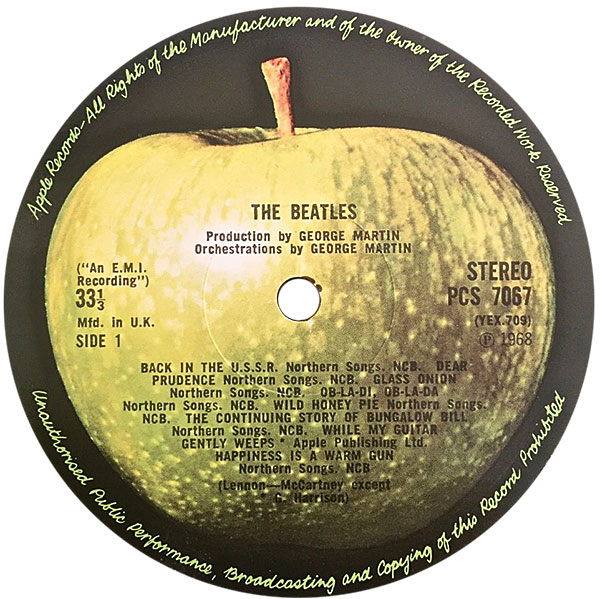
Essential Mix
Of course, as we – the audio press – repeatedly tried to tell the music industry when it kept being suckered by similar ideas, the Alex magic would only work in a lab with men in white coats who were actively trying to make it work. We also kept trying to remind those concerned that home-taping had an upside which David Byrne, of Talking Heads, neatly expounds in his 2012 book How Music Works.
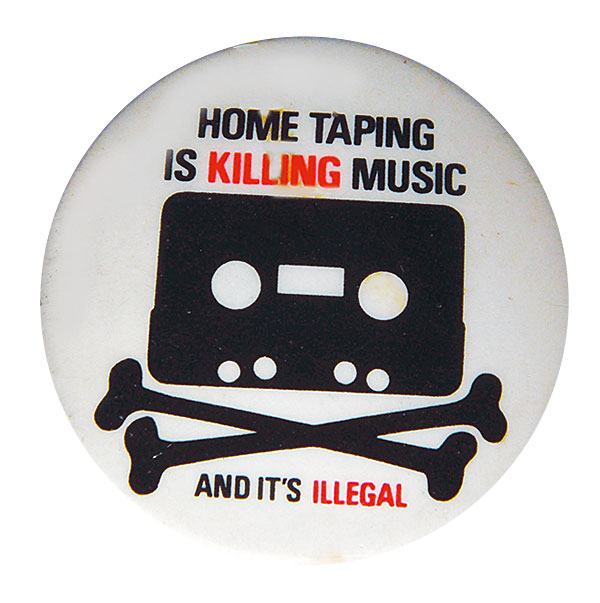
'People copied their favourite songs from their LP collections [and] recorded radio programs… Record companies tried to discourage "home taping"… They mounted a huge (and fairly ineffectual) propaganda campaign that mainly served to alienate the consumer and music fan… "Home Taping Is Killing Music" was their slogan. Like many of my friends, I'd make mixtapes that consisted of my favourite songs in various genres, for myself and others... we'd exchange cassettes of our favourite songs… and I ended up buying more LPs as a result. Record companies wanted to take all that away from us.'
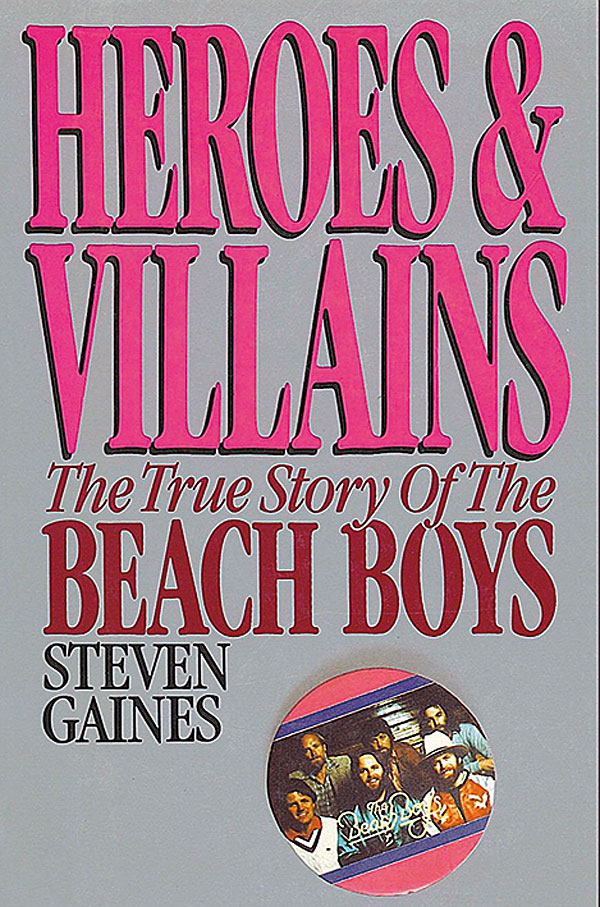
In the mid '60s The Beatles and George Martin were head to head creatively with The Beach Boys and Brian Wilson. For some inside track on Pet Sounds try Heroes And Villains, written by Steven Gaines in 1986.
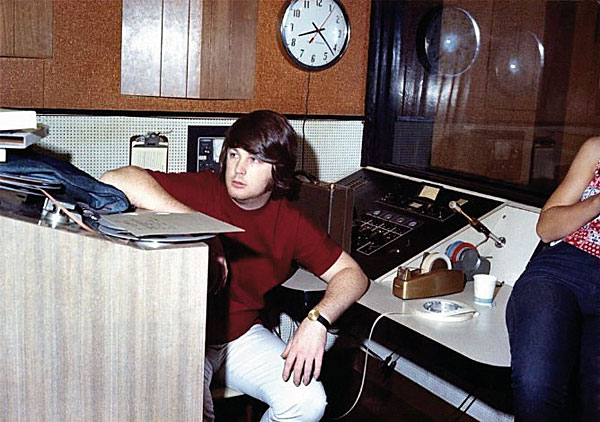
'Before they even heard Pet Sounds, the older, conservative executives at Capitol were becoming increasingly worried about Brian's erratic behaviour and the apparent dissension within the group. At one Capitol meeting, Brian arrived with a set of eight cassette tapes made in loops. Each tape repeated a simple phrase over and over again.'
Jobs For The Boys
Pet Sounds was, in fact, the first album on which none of The Beach Boys played instruments. As Gaines explains: 'The finest session musicians in the industry (played) on the album... Most of the recording for Pet Sounds was done "live" – that is, the instruments and musicians were assembled at one time in a studio where the music was played in ensemble.
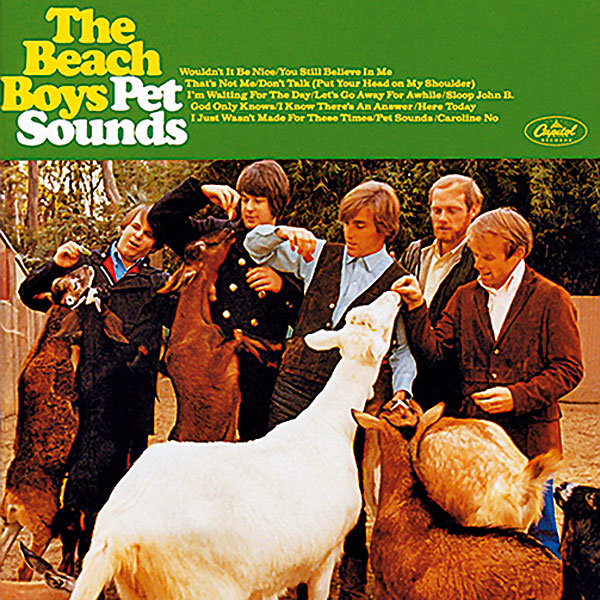
'When the other members of the group returned to LA, they found that most of the tracks were complete. Brian was ready for them to plug in their vocals – and they didn't like it... Brian even brought in outside singers... He would sometimes let the group do the vocals the way they wanted, then, after they left the studio, he would wipe the vocals off completely and finish the track himself, since he could sing all the parts.
'[Wilson] insisted that the den – where his grand piano now sat – be filled with several tons of sand, so that he could feel the sand under his feet as he composed... [and a] tree house was delivered to Laurel Way. You had to crawl through it to get inside... A tent was erected consisting of nearly $30,000 worth of fabric. It had velvet floors, huge cushions, and an assortment of hookahs. The first time Brian went into the tent with his friends, they realised there was no ventilation, and it was so hot and stuffy that they never used it again.'
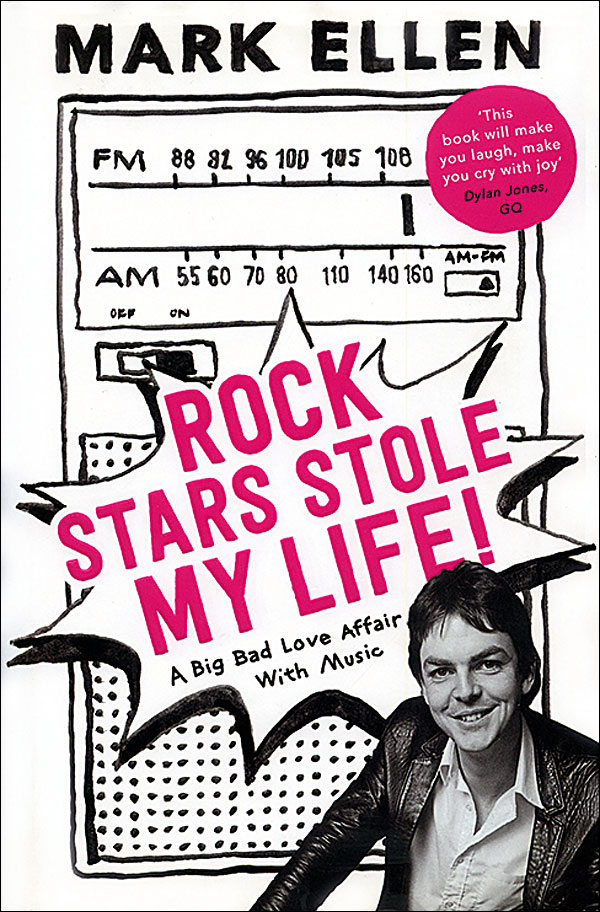
On Points
In Rock Stars Stole My Life, writer and broadcaster Mark Ellen recounts an encounter with the hugely successful recording giant Meat Loaf at his surprisingly modest New England home, known to the local community as 'Loaf Ranch'.
Ellen recalls: 'On no account must this subject [of monies earned] be raised, my chauffeur insisted. Not a word about his finances. Not one. None. He would "go mental", I was warned... I asked about the money. Big, huge mistake... "Money?" bellowed the big star. "I don't have any money! Are you kidding? My money", he pointed at the house, "you're sitting in it!".
